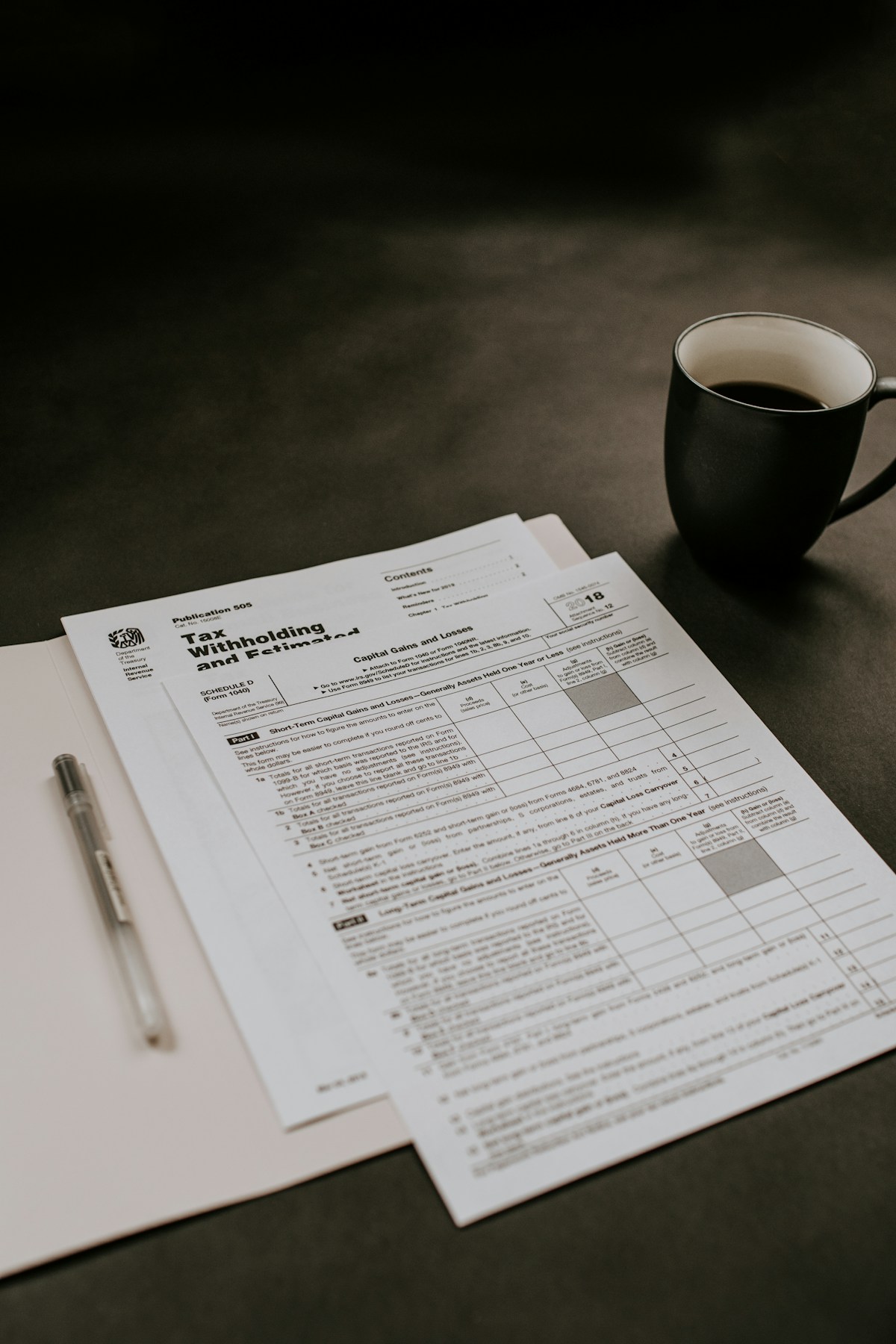An exploration of digital privacy regulations and how they protect your personal information from misuse by companies.

In today's digital age, your personal information has become an incredibly valuable commodity. Every time you browse a website, use a social media platform, or make an online purchase, you're generating data that companies eagerly collect, analyze, and often share. But what exactly can businesses legally do with this information, and what rights do you have concerning your digital privacy?
The Digital Footprint You Unknowingly Leave Behind
Most people are astonished to discover the extent of information being collected about them online. From basic details like your name and email to sophisticated tracking that monitors your browsing habits, purchase history, and even your physical location – the digital dossiers compiled about each of us grow more detailed every day.
Companies routinely track:
- Websites you visit and how long you stay on each page
- Your physical location throughout the day
- Products you view, purchase, or abandon in shopping carts
- Content that captures your interest
- Your social connections and interactions
- Personal characteristics inferred from your behavior patterns
What Companies MUST Tell You Under Law
Privacy regulations vary worldwide, but most modern frameworks require businesses to:
- Provide clear privacy policies explaining what data they collect and how they use it
- Disclose third-party sharing of your personal information
- Obtain explicit consent before collecting sensitive personal data
- Notify you promptly in the event of data breaches affecting your information
- Provide mechanisms for accessing, correcting, and deleting your personal data
The European Union's General Data Protection Regulation (GDPR) established the gold standard for these protections in 2018, while the California Consumer Privacy Act (CCPA) brought similar rights to California residents. Other states are following with their own legislation, creating a patchwork of protections in the US.
What Companies CANNOT Legally Do With Your Data
Despite variations in laws, certain practices are widely prohibited:
- Collecting and using data in ways not disclosed in their privacy policy
- Gathering children's data without verifiable parental consent (under COPPA)
- Using deceptive practices to obtain your information
- Failing to implement reasonable security measures to protect your data
- Discriminating against you based on sensitive data categories (varies by jurisdiction)
Your Digital Privacy Rights in Action
Modern privacy frameworks generally grant consumers these essential rights:
1. The Right to Access
You can request a comprehensive report of the personal information a company has collected about you. Many users are shocked by the volume and detail of these reports.
2. The Right to Deletion
Also known as "the right to be forgotten," this allows you to request the deletion of your personal data from company databases, with some exceptions for legal requirements.
3. The Right to Correction
If a company maintains inaccurate information about you, you have the right to have it corrected.
4. The Right to Opt-Out
You can opt out of having your data sold to third parties or used for behavioral advertising in many jurisdictions.
Enforcement: The Reality Gap
While these rights exist on paper, enforcement remains challenging. In the US, the Federal Trade Commission has become increasingly active in privacy enforcement, leveraging its authority to police "unfair and deceptive practices." The FTC has secured multi-million dollar settlements in several high-profile privacy violation cases.
For example, in 2019, Facebook agreed to a record-breaking $5 billion settlement with the FTC over privacy violations related to the Cambridge Analytica scandal. More recently, videoconferencing company Zoom faced scrutiny over security practices that didn't match their privacy promises.
Practical Steps to Protect Your Digital Privacy
Legal protections provide a baseline, but proactive consumers can take additional steps:
- Regularly review privacy settings across all your accounts and devices
- Use privacy-focused tools like VPNs and secure browsers
- Clear cookies and browsing history periodically
- Be selective about app installations and permissions
- Consider using temporary email addresses for non-essential registrations
As technology evolves and digital privacy concerns intensify, staying informed about your rights is essential. The legal landscape continues to develop, with more comprehensive federal privacy legislation proposed in the United States and existing regulations being refined worldwide.






